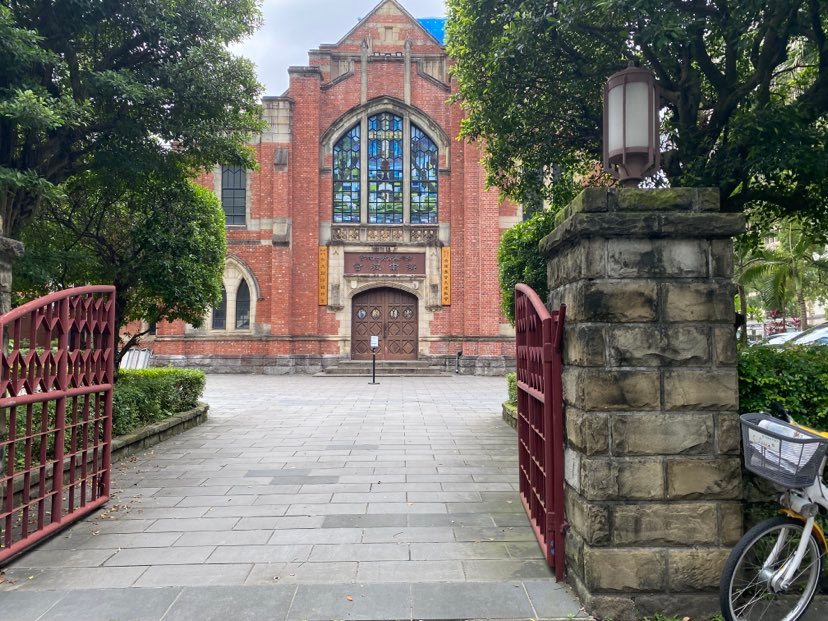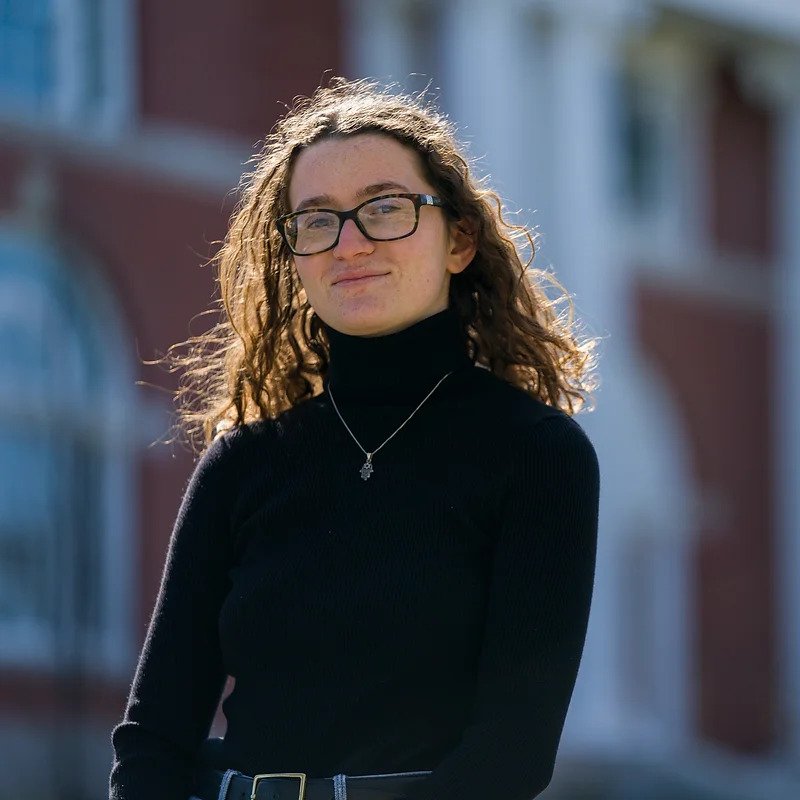Taiwan reacts to California Church shooting, with some calling it a ‘political attack’
Pro-independence politicians and groups blamed China’s pro-unification threats for the shooting at a Taiwanese church near Los Angeles on Sunday, and demanded action from both the Taiwan and U.S. governments.

The shockwaves of a shooting at a Taiwanese church in Laguna Woods, California, on Sunday May 15 are reverberating in Taiwan as authorities say the attacker was “politically motivated by hate” for Taiwanese people.
The news in Taiwan has circulated widely as local Chinese-language publications reported the attacker’s background as Taiwan-born — while English-language reports originally identified the shooter only as “Chinese” — and tied to pro-unification groups.
Both of Taiwan’s main political parties, the Democratic Progressive Party (DPP) and the Kuomintang (KMT), have condemned the attack. In a statement issued Tuesday, President Tsai Ing-wen (蔡英文 Cài Yīngwén) condemned “any form of violence” and said she has asked Taiwan’s representative to the U.S. to fly to California and provide assistance.
On Sunday, David Chou, 68, of Las Vegas, fired multiple rounds at an Irvine Taiwanese Presbyterian Church banquet, killing one and injuring five. Dr. John Cheng (鄭達志 Zhèng Dázhì), a 52-year-old physician, tackled Chou, allowing other congregation members to detain him. Cheng died after sustaining multiple gunshot wounds.
Did hatred for Taiwanese independence supporters motivate the shooter?
Laguna Beach police said Chou was “upset about political tensions involving China and Taiwan,” as documented in notes retrieved from Chou’s vehicle, and believed that Taiwan should not be independent from China.
Photos have shown Chou at meetings for the Las Vegas National Association for China’s Peaceful Unification, an organization with PRC ties that the U.S. Department of State designated in 2020 as a foreign mission. Others show him holding signs in support of the ex-Kaohsiung mayor and former KMT presidential candidate Han Kuo-yu (韓國瑜 Hán Guóyú), who has been accused of being a “CCP sympathizer.”
On social media Tuesday, Han condemned hatred and violence.
Pro-independence politicians and groups blamed China’s pro-unification threats for the shooting and demanded action from both the Taiwan and U.S. governments. On Wednesday, the Formosan Association for Public Affairs, a Taiwan pro-independence organization, called on the U.S. government to designate groups affiliated with Chou as domestic terrorists.
Freddy Lim (林昶佐 Lín Chǎngzuǒ), a pro-independence politician, wrote on social media that he had been in contact with the Ministry of Foreign Affairs and the Overseas Community Affairs Council “to remind them that these extremist organizations or individuals, likely under instigation, may try to harm Taiwanese organizations or even attack and kill people.”
SueAnn Shiah is a Taiwanese American who attends a Presbyterian Church in Taiwan (PCT) congregation in Taipei. She said the Taiwanese Presbyterian community both in Taiwan and the U.S. is small and tight-knit despite miles of separation, and that the week’s events have felt deeply personal to her.
The mischaracterization of the shooter as “an immigrant from China” by U.S. authorities and media “made it harder for people to understand how and why shootings happen, and why this incident represents something bigger than just a ‘hate crime’ or an attack, but a strategic political attack,” Shiah said. “Inaccurate coverage about the attacker’s identity has caused a lot of pain and stress in the Taiwanese and Asian diaspora.”
Taiwan government media confirmed Monday that Chou (周文偉 Zhōu Wénwěi) was born in Taiwan in 1953 and was raised there before immigrating to the United States.
Commentators have noted that media coverage thus far represents a misunderstanding of Taiwanese identity politics. Chou is second-generation wàishěngrén 外省人 , meaning his parents immigrated to Taiwan from China with KMT forces in 1949. Authorities said Chou’s hatred for Taiwanese people may stem from the fact that his family was “not well received” upon arrival to Taiwan, which at the time was under KMT-enforced martial law.
Chinese Foreign Ministry Spokesperson Wāng Wénbīn 汪文斌 acknowledged the shooting at a regular press conference on Monday, but his only comment was to urge the U.S. to resolve its “worsening gun violence issue.”
The Presbyterian Church in Taiwan (PCT) has been active in pro-democracy and pro-independence work since the 1970s, when it challenged martial law and called for electoral reforms, religious freedom, human rights, and Taiwan independence.
At a press conference Wednesday, Dài Shuòqīn 戴碩欽, a pastor with the PCT, noted that the church has experienced violence in the past during the years of martial law and political repression, known in Taiwan as the White Terror period.
“Over the years, with faith, we have been constantly learning how to resolve this kind of ethnic hatred, and to accompany victims as they overcome sorrow with love,” he said. “We beseech God’s love for the frightened…so they can comfort each other through this time of panic, sadness, and pain.”






